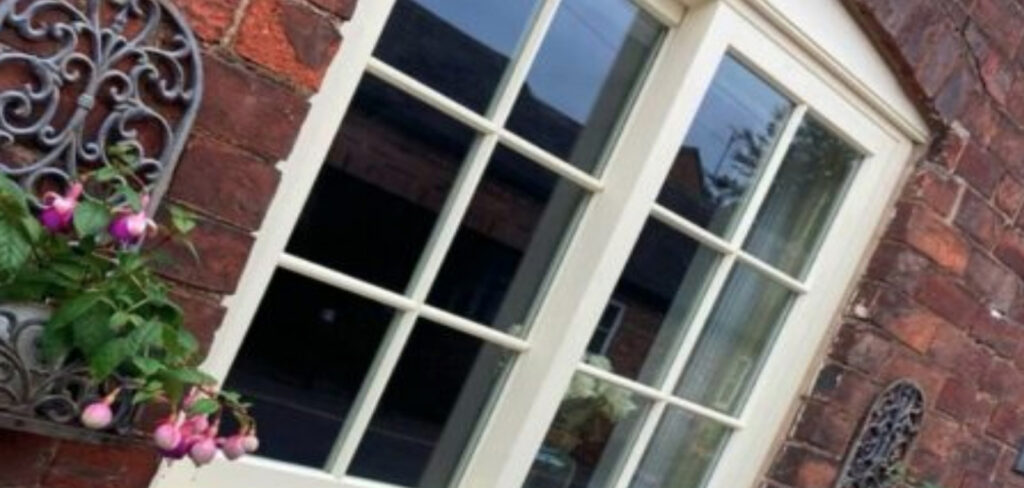Can you get security vacuum glass

Vacuum glazing is a fantastic new product on the market, which is redefining the energy efficiency and appearance of glazing. Does it also deliver on the security and safety we expect from modern units? Is security vacuum glazing available in the market?
Why is security and safety important in Glazing Units?
Security and safety are slightly different things when we are looking at glazing units, so we will discuss each separately.
Safety
Safety glass is very much a passive requirement. Safety glazing is required in critical locations where it’s omission might cause an individual to be badly injured. For example, if you have a low-level window, then it will often need to be safety glass. This is to ensure that anyone falling into the window doesn’t break the glass into shards and become impaled. Toughened units 5 times harder to break and they shatter into tiny pieces to protect the occupant. The requirement for safety glass is in all renovation and new build properties, with the exception of certain historic buildings.
Security
Security glass is more of an active requirement. There are specific requirements under Part Q of building regulations for glass units (and other elements) to reduce break-ins. The requirement for security glass is typically in new build properties and associated with accessible openings.
As a general rule, security glass needs to achieve P1A class which normally requires at least one pane of laminated glass in the make up of the unit. Safety glass by contrast typically requires either toughening or lamination of all panes in the unit.
For more information about the details of security and safety glazing, please see this very detailed breakdown from SGG.
Is safety vacuum glass available in the market?
Yes, it is available, but not from all suppliers.
The process of toughening glass can cause otherwise flat sheet glass to ripple and distort slightly. This distortion would mean that the thickness of the cavity would vary across the whole unit and cause the micro-pillars to be ineffective. Ultimately the vacuum would cause stress in the unit and the glass would break. For most suppliers, this is a problem which they are unable to overcome.
LandGlass are a research and development firm who work in the glass toughening sector. As such, their product is available as standard in toughened, safety form.
Other manufacturer’s vacuum glazing units have yet to solve this problem. The supplier would need to apply a safety film these units on the internal and external faces. This avoids the glass breaking into dangerous shards, but has quite a few drawbacks, including:
- shorter lifespans
- logistical problems
- increased cost
- ease of damage (window cleaners scratching the film is common)
- reduced light transmittance
It’s certainly best avoided if possible.
Is security vacuum glazing available in the market?
Yes, it is available from all suppliers. It is a reasonably easy process to change the outer pane of the unit to be a laminated pane which then constitutes security vacuum glazing. However, security glass is typically required in the same locations as safety glass, so it will normally have the same requirement for external filming and the considerable pitfalls associated with it.

